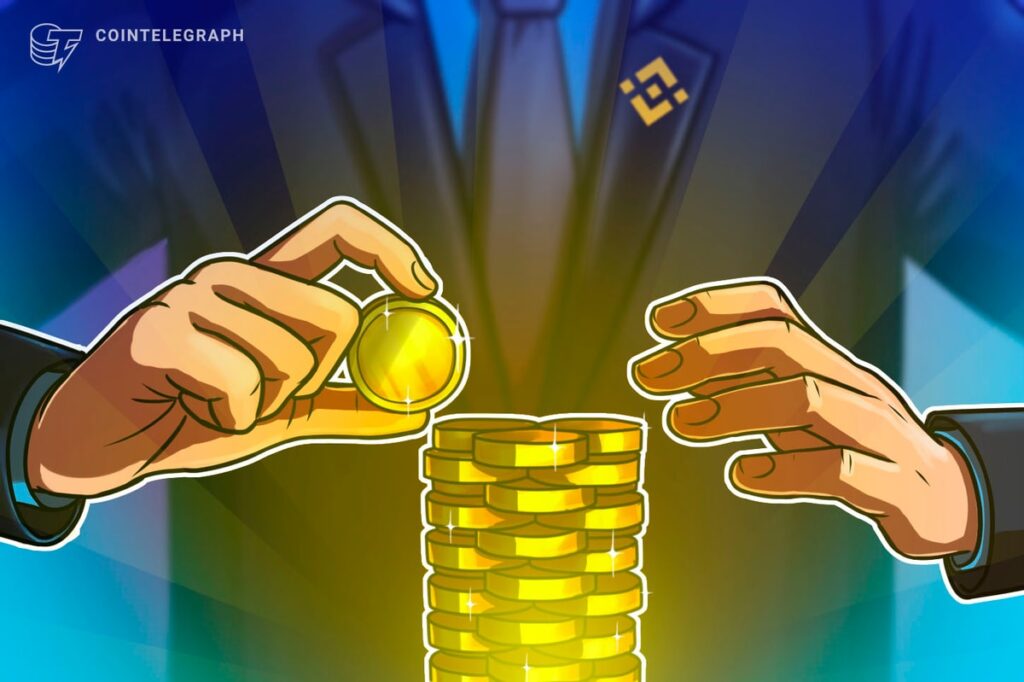On Dec. 15, cryptocurrency exchange Binance announced that four tokens — Mithril (MITH), Tribe (TRIBE), Augur (REP) and Bitcoin Standard Hashrate Token (BTCST) — would be delisted from the exchange effective Dec. 22 due to not meeting the “high level of standard we expect.”
Immediately after the announcement, decentralized social media protocol Mithril, whose token had a market capitalization of less than $10 million at the time of publication, posted the following statement on Twitter:
“Today, Binance has announced that it will delist MITH. As part of the MITH listing, Binance required a 200,000 BNB deposit, which was never returned. On behalf of the Mithril community, we ask @cz_binance to return this deposit so that Mithril may continue to operate.”
At the time of the initial listing, 200,000 BNB (BNB) was valued at $1.9 million. As of the time of publication, it was worth $52.7 million.
Initially, users panned the Mithril Twitter account, which had remained dormant for nearly two years, with the last post taking place on Jan. 7, 2021. At the time of publication, the project’s official website appears offline.
Lmao project that was dead for 2 years and didn’t have a single Tweet since Jan 2021 rushes to Twitter to ask for their money back after delisting.
Delisting happened this morning, funny how fast they were to complain after being dead silent to holders for those 2 years. https://t.co/5jRxoQEGyf
— Tree of Alpha (@Tree_of_Alpha) December 15, 2022
However, the issue appears to be more sophisticated than first understood. In an initial listing document published by Binance dated Nov. 15, 2018, the exchange stated:
“Binance will open trading for MITH/BTC and MITH/BNB trading pairs at 2018/11/15 2:00 PM (UTC). Users can now start depositing MITH in preparation for trading. The Mithril team will donate a 20,000 BNB equivalent amount to the Blockchain Charity Foundation in appreciation for this listing.
Cointelegraph previously reported in 2019 that at the time, Binance solicited considerations from newly listed crypto projects, which the exchange denied as being “listing fees.” Those policies have since changed.
Cointelegraph reached out to Binance for comment but did not receive a response by publication time. This is a developing story and will be updated accordingly.

